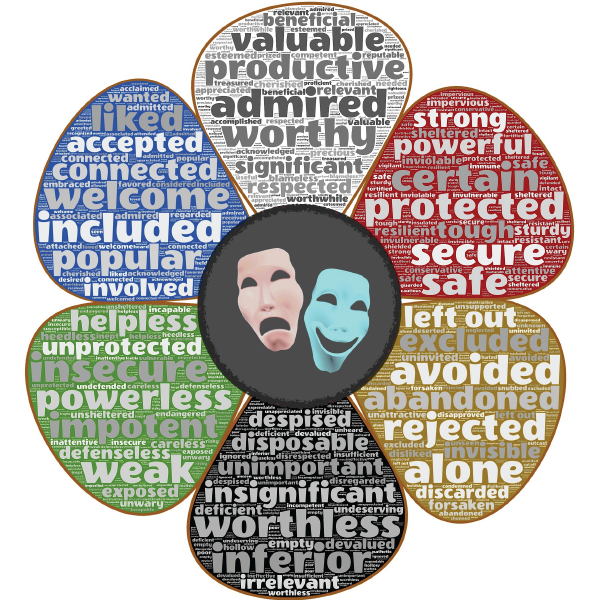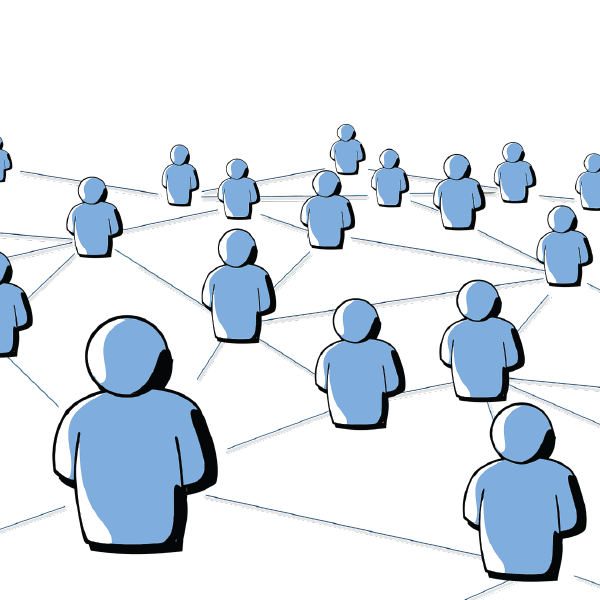Summary: Distributed cognition is a branch of cognitive science that proposes cognition and knowledge are not confined to an individual; rather, it is distributed across objects, individuals, artefacts, and tools in the environment.
Social Network Analysis (Scott, Prell)
Summary: Social Network Analysis looks at how people within social networks (for example: families, clubs, Facebook groups) relate to each other and what these interactions say about both the individual actors and the entire social network. Originators & Proponents: John Scott, Christina Prell, Stephen P. Borgatti, Martin G. Everett, Jeffrey C. Johnson Keywords: actors, bonds, […]
Flow (Csíkszentmihályi)
Summary: Flow is an optimal psychological state that people experience when engaged in an activity that is both appropriately challenging to one’s skill level, often resulting in immersion and concentrated focus on a task. This can result in deep learning and high levels of personal and work satisfaction. Originators & proponents: Mihály Csíkszentmihályi[1][2] Keywords: anxiety/stress, […]
Actor-Network Theory (ANT)
Summary: Actor-Network Theory is a framework and systematic way to consider the infrastructure surrounding technological achievements. Assigns agency to both human and non-human actors (e.g. artifacts) Originator: Michel Callon[1] (1991) and Bruno Latour[2] (1992); John Law[3]; others. Key Terms: actor, network, generalized symmetry, equal agency
Activity Theory
Summary: Activity Theory is a framework or descriptive tool for a system. People are socio-culturally embedded actors (not processors or system components). There exists a hierarchical analysis of motivated human action (levels of activity analysis). Originator: Vygotsky, Leont’ev, Luria, and others starting in the 1920s. Key terms: Activity, action, operation, object-orientedness, internalization/externalization, mediation, development.




